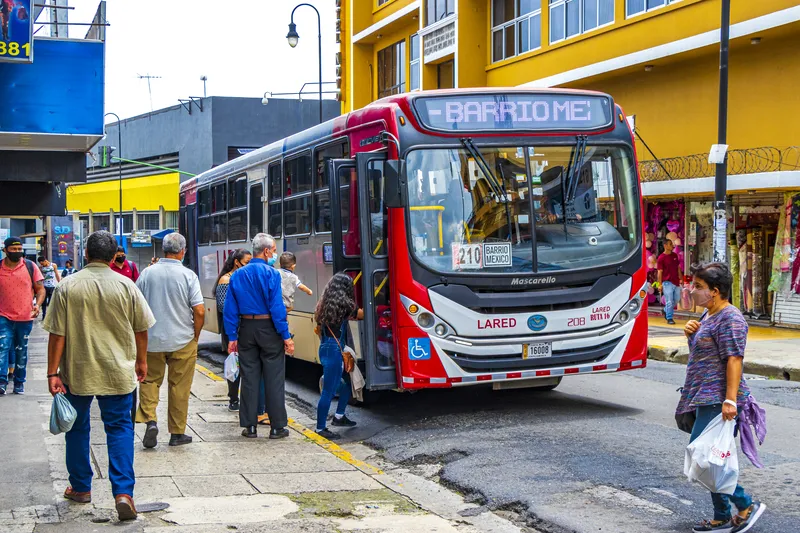On the first day of ITS International’s MaaS Market Conference Portuguese company
Brisa Innovation announced it has changed its name to A-to-Be. The new name reflects an increasing involvement in the Mobility-as-a-Service (MaaS) sector with LinkBeyond and MoveBeyond, which are designed for use by MaaS providers, being added to its revised portfolio.
Using LinkBeyond, MaaS providers can link to all the different transport service operators and incorporate their services into its MaaS offering. Accordin
March 22, 2017
Read time: 2 mins
On the first day of 1846 ITS International’s 8545 MaaS Market Conference Portuguese company Brisa Innovation announced it has changed its name to 8608 A-to-Be. The new name reflects an increasing involvement in the Mobility-as-a-Service (MaaS) sector with LinkBeyond and MoveBeyond, which are designed for use by MaaS providers, being added to its revised portfolio.
Using LinkBeyond, MaaS providers can link to all the different transport service operators and incorporate their services into its MaaS offering. According to A-to-Be, LinkBeyond “ensures every operator and service is part of the integrated offer the MaaS provider delivers” including on foot, car, cycling, sharing, bus, train or metro.
LinkBeyond also informs transport operators when reservations are made and tickets purchased in order that access gantries are activated, barriers opened and fares enforced as required.
MoveBeyond is the equivalent of a tolling back-office system which manages and implements the business rules and provides management analytics. Back-office functions include transaction management, billing, enforcement, certified payments’ clearance and fraud control.
The company said its new platforms “allow MaaS providers to use their own, or a white-wrapped, App for travellers while MoveBeyond and LinkBeyond handle the business functions and communications with the individual transport operators.”
Using LinkBeyond, MaaS providers can link to all the different transport service operators and incorporate their services into its MaaS offering. According to A-to-Be, LinkBeyond “ensures every operator and service is part of the integrated offer the MaaS provider delivers” including on foot, car, cycling, sharing, bus, train or metro.
LinkBeyond also informs transport operators when reservations are made and tickets purchased in order that access gantries are activated, barriers opened and fares enforced as required.
MoveBeyond is the equivalent of a tolling back-office system which manages and implements the business rules and provides management analytics. Back-office functions include transaction management, billing, enforcement, certified payments’ clearance and fraud control.
The company said its new platforms “allow MaaS providers to use their own, or a white-wrapped, App for travellers while MoveBeyond and LinkBeyond handle the business functions and communications with the individual transport operators.”











